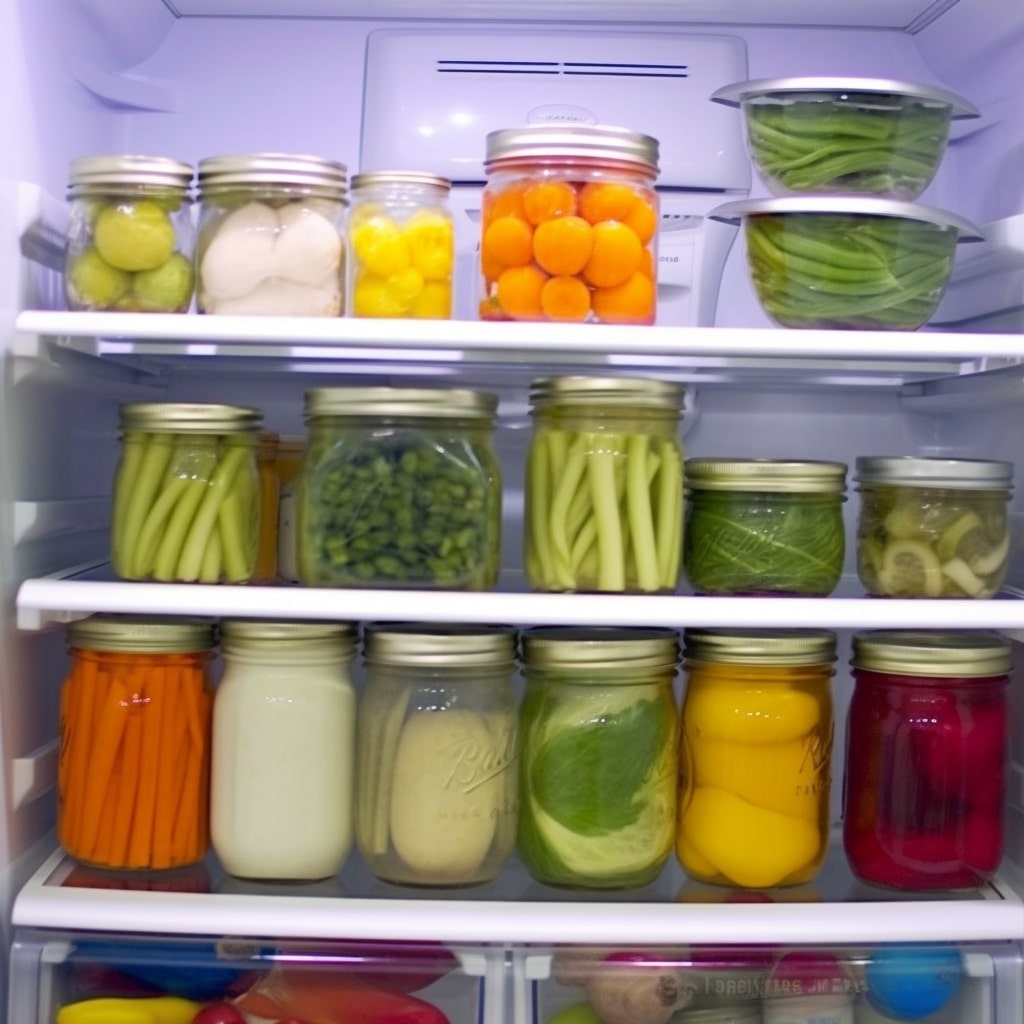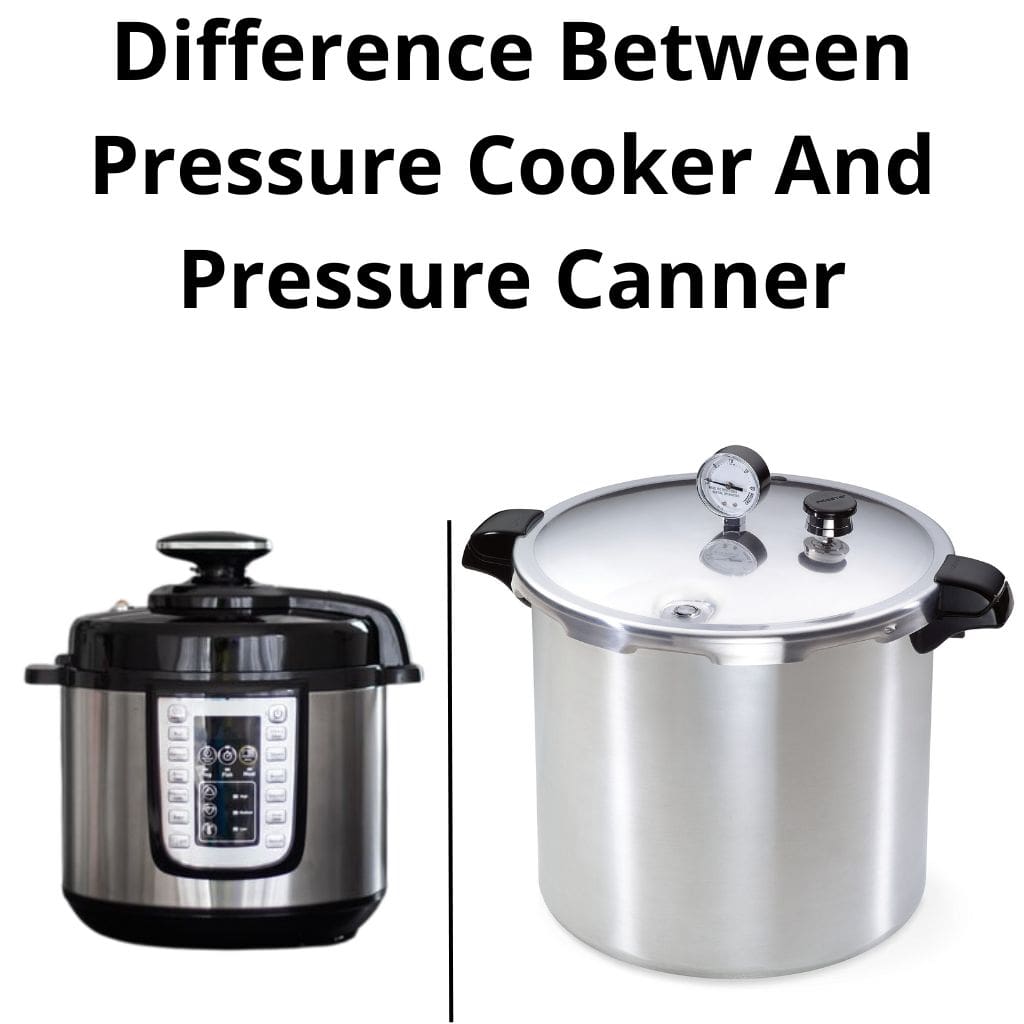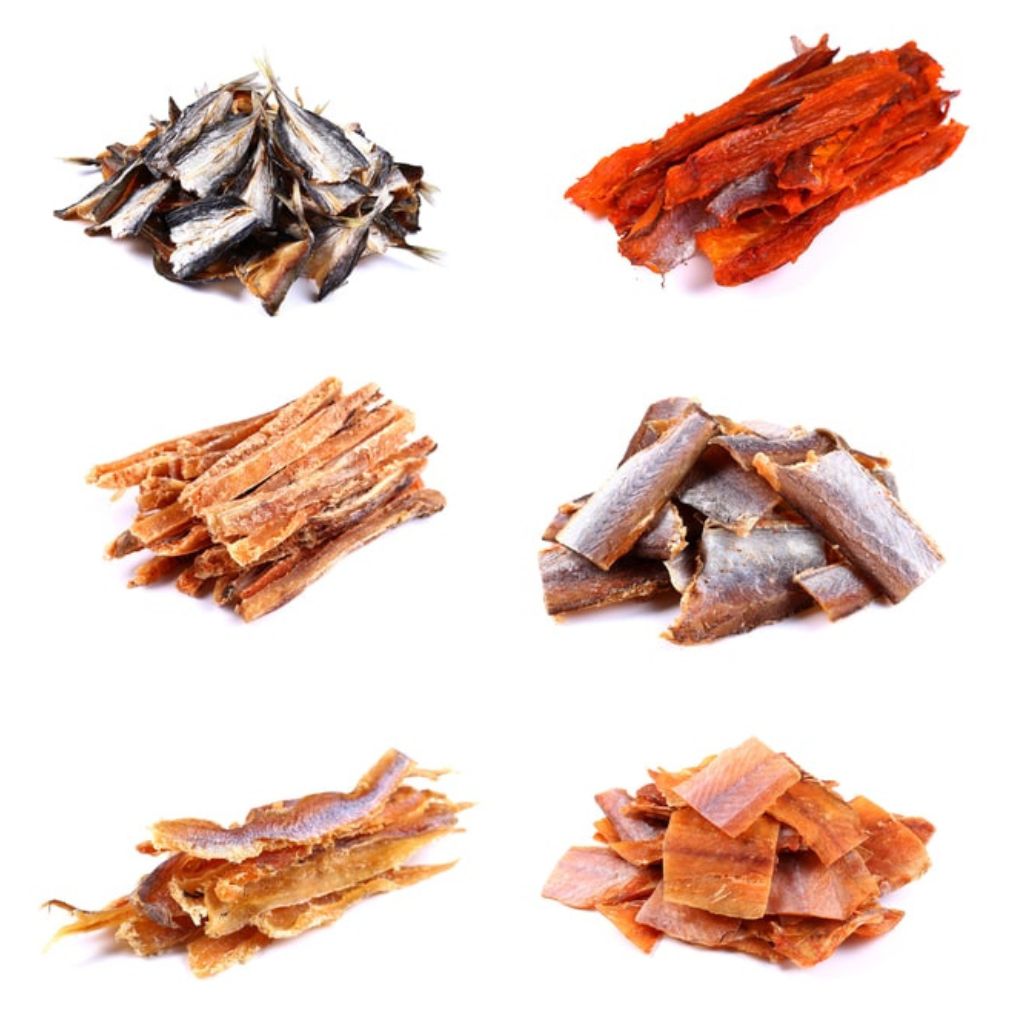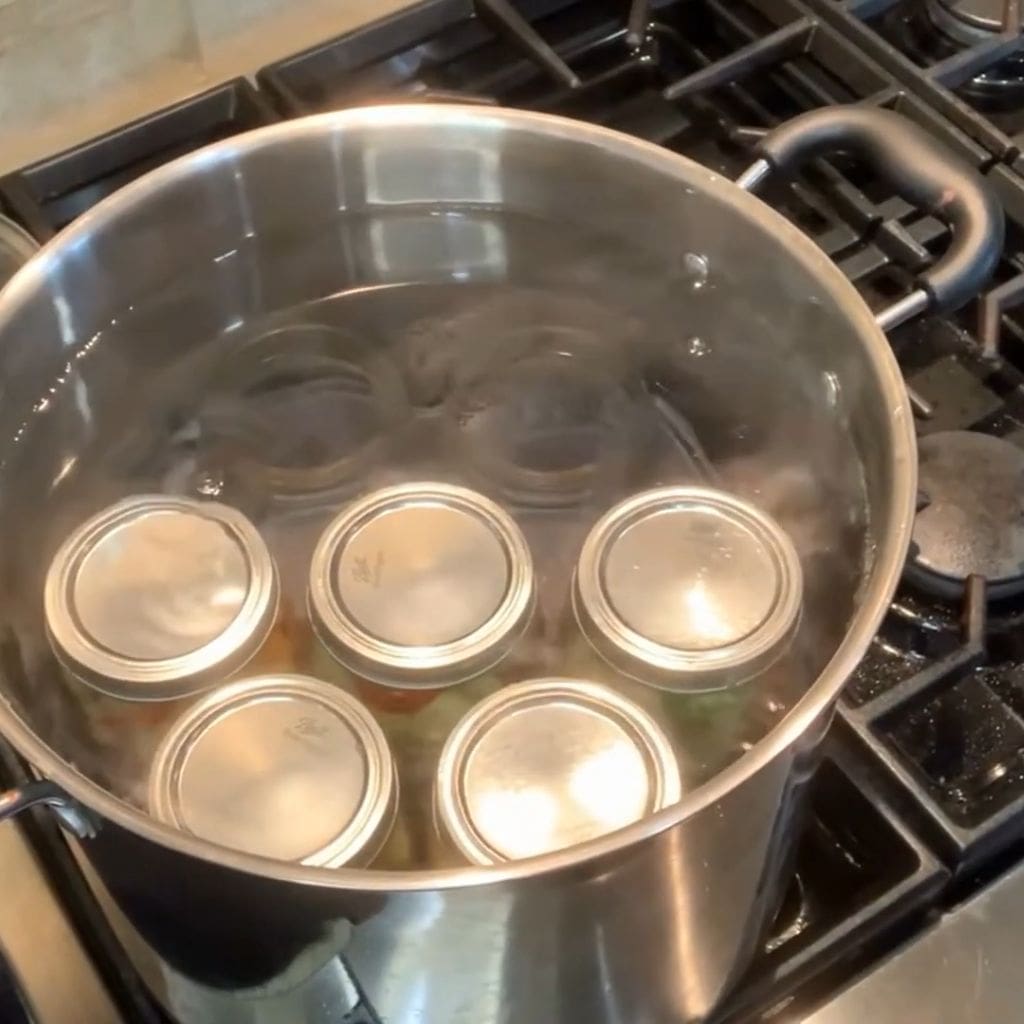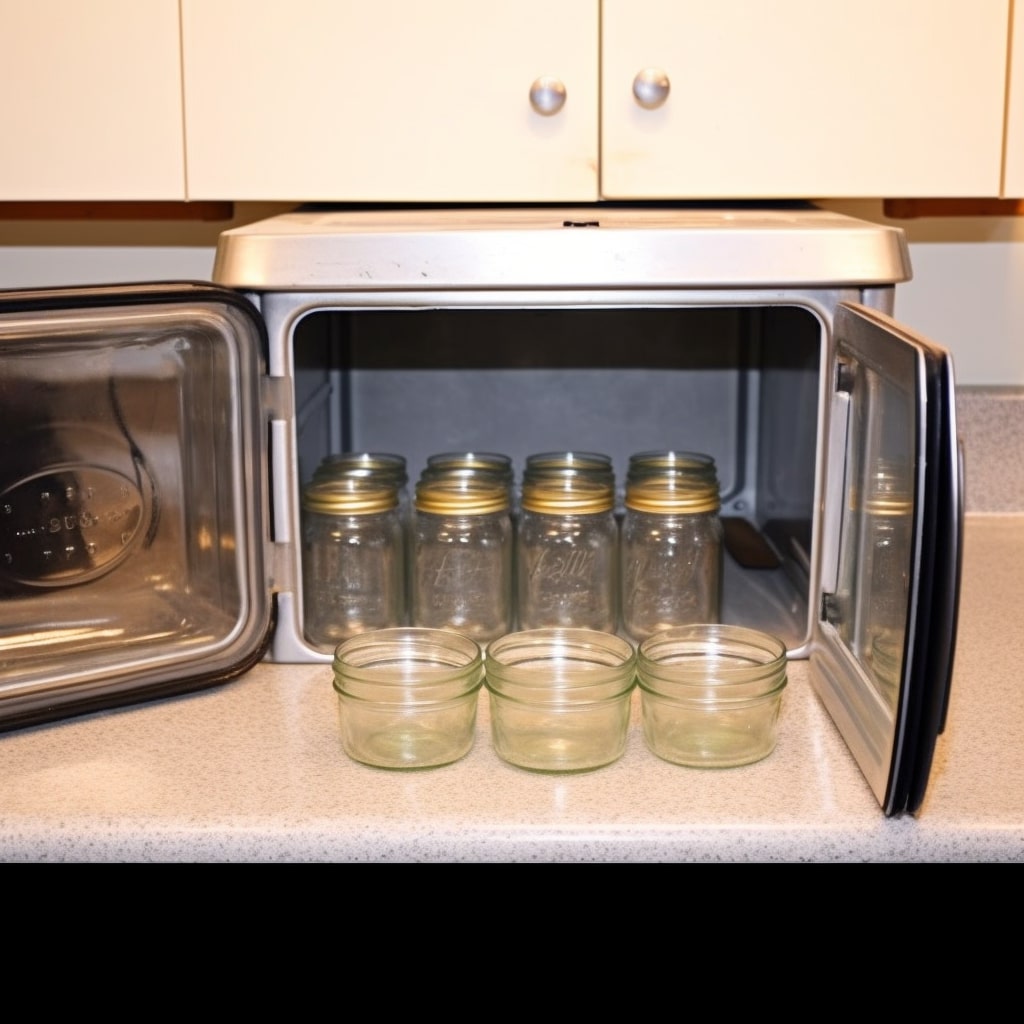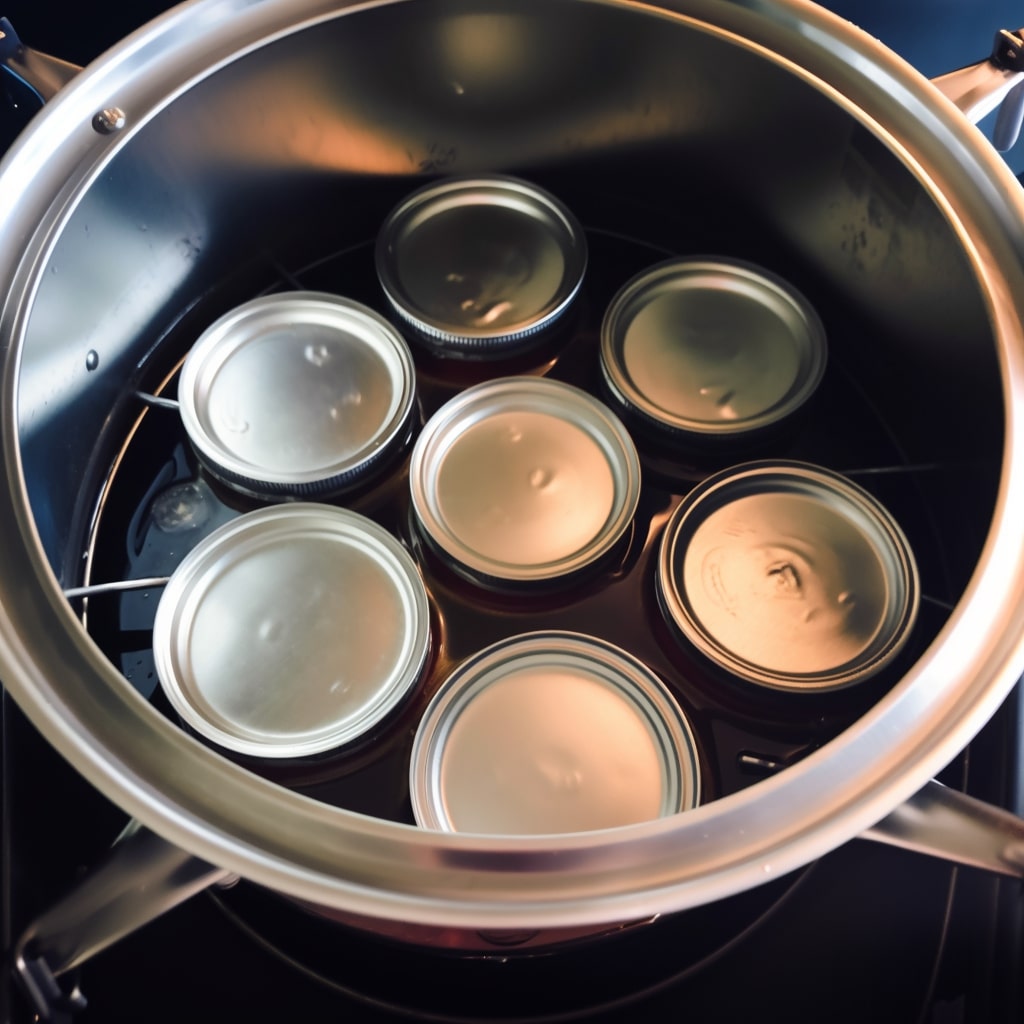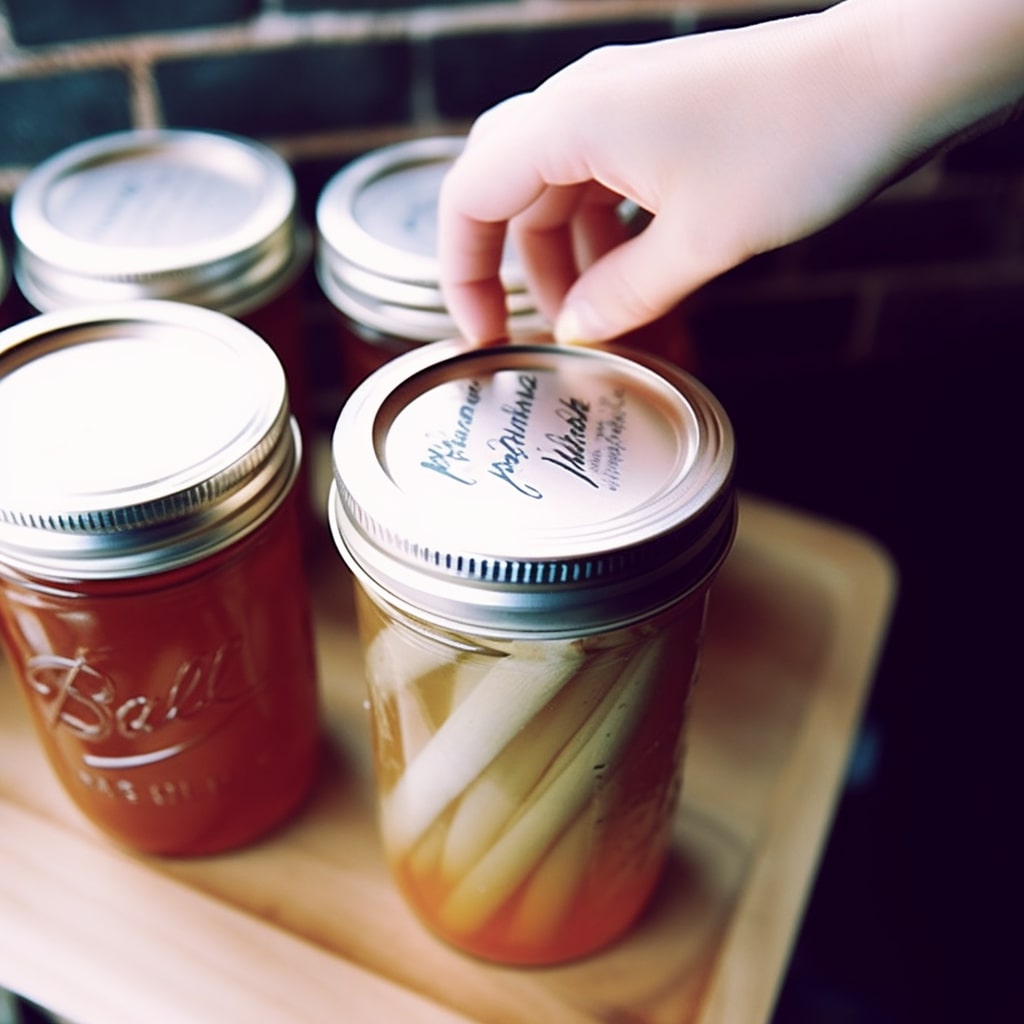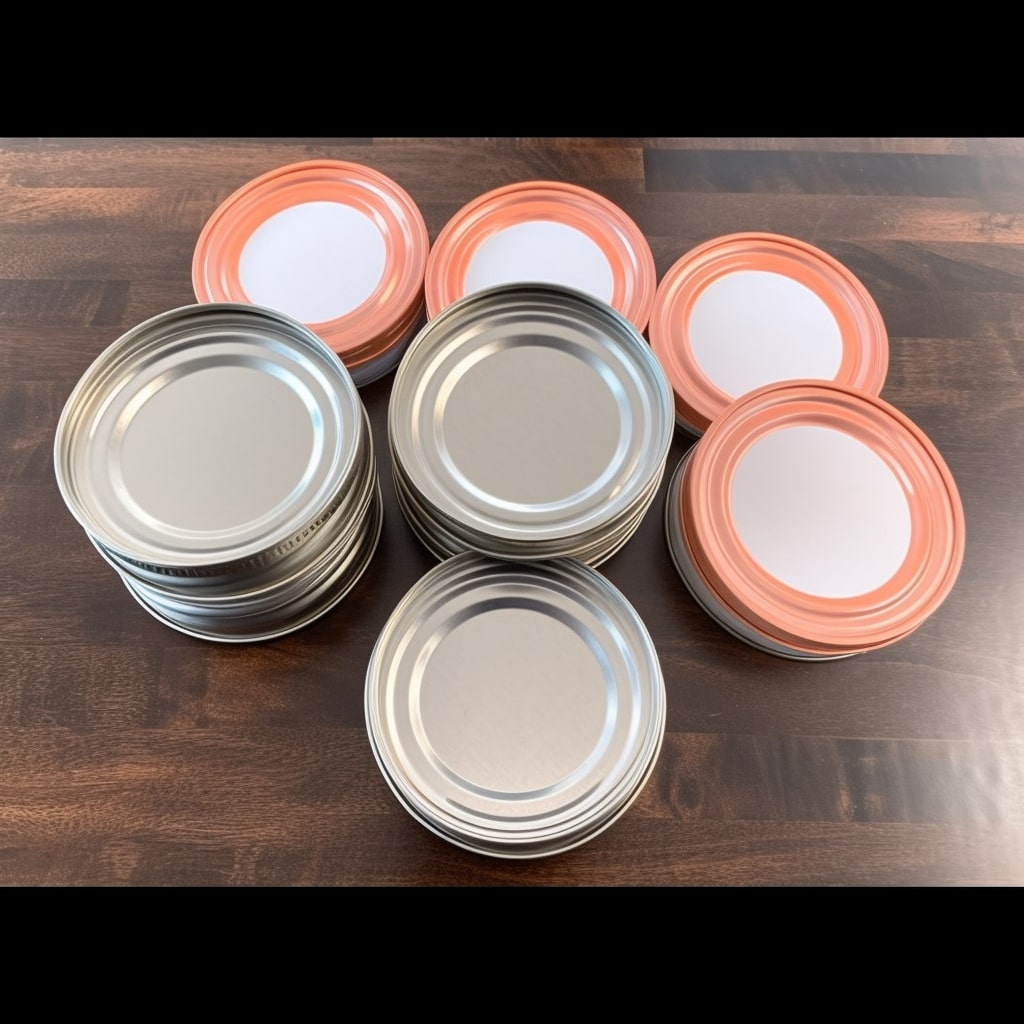Finding the ideal storage solution is crucial for maintaining the freshness of fruits and vegetables. Fruits and vegetables may be preserved in mason jars, a well-liked strategy for years.
These recognizable glass mason jars offer a stylish way to dress up your pantry and a useful way to preserve the freshness and flavor of your vegetables for a long time. In this post, we’ll examine how to store fruit in mason jars, the advantages of mason jar fruit storage and learn how storing fruit in mason jar extend the shelf life of your favorite fruits.
Why do fruits and vegetables have extended shelf life when stored in Mason jars?
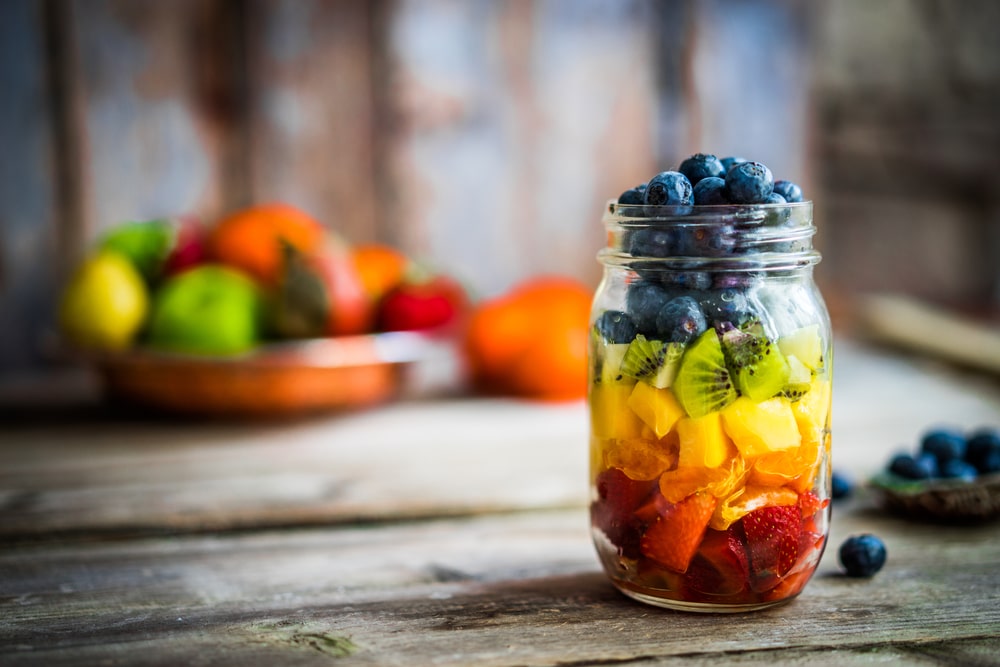
Do you dislike how quickly fresh fruit wilts and spoils? I do, however, have some thrilling news for you! The shelf life of your fruit, fruits and veggies may be greatly increased by storing them in Mason jars.
In addition to preserving their inherent tastes, textures, and colors, it keeps them more fresh and delectable than conventional plastic containers. Let’s explore the factors that make Mason jars the best tool for preserving the flavor and freshness of your fruit.
Mason jars’ airtight seal is one of their main advantages. The correctly sealed jars provide a barrier that keeps out outside air. Your priceless fruits and veggies won’t wilt or become dehydrated thanks to the airtight seal’s ability to hold in moisture. Say goodbye to shriveled berries and sad, wilting vegetables!
But it goes further than that. Mason jars are a great barrier against contaminants that shouldn’t be there. They are composed of non-porous glass, which won’t absorb tastes or scents. By doing this, you can be sure that your product is always clean and has no off flavors or odors. You can appreciate your crisp apples or vivid tomatoes without being concerned about any remaining flavors from prior contents.
Mason jars provide a barrier against potentially hazardous invaders like germs, mold, and insects and shield against aromas and tastes. These undesirable intruders are kept from ruining your priceless product by the jars’ sturdy glass walls, which serve as a solid barrier. Your fruits and veggies are safe and secure in their glass castle, so you can relax knowing that.
Let’s now talk about ethylene, the cunning gas that can hasten to ripen and cause early deterioration. As some fruits and vegetables develop, they emit this natural gas, endangering neighboring crops. Mason jars, however, come to the rescue once more. They help control and lessen the impacts of ethylene gas because of the sealed environment they create.
Choosing fruit, berries, vegetable variants for keeping in mason jars
Mason jars are versatile containers that can be used for preserving and storing various types of berries, fruits, and vegetables. With their airtight seal and durable construction, mason jars are an excellent choice for keeping your favorite produce fresh and flavorful. Here are some ideas for how to store fruit in mason jars:
Berries
- Strawberries: Rinse and remove the stems, then store them whole or sliced.
- Blueberries: Wash and pat dry before placing them in the jars.
- Raspberries: Gently wash and dry them, then store them carefully to avoid crushing.
- Blackberries: Rinse and gently pat them dry before placing them in the jars.
- Cranberries: These can be stored in jars, either fresh or frozen, depending on your preference.
Fruits
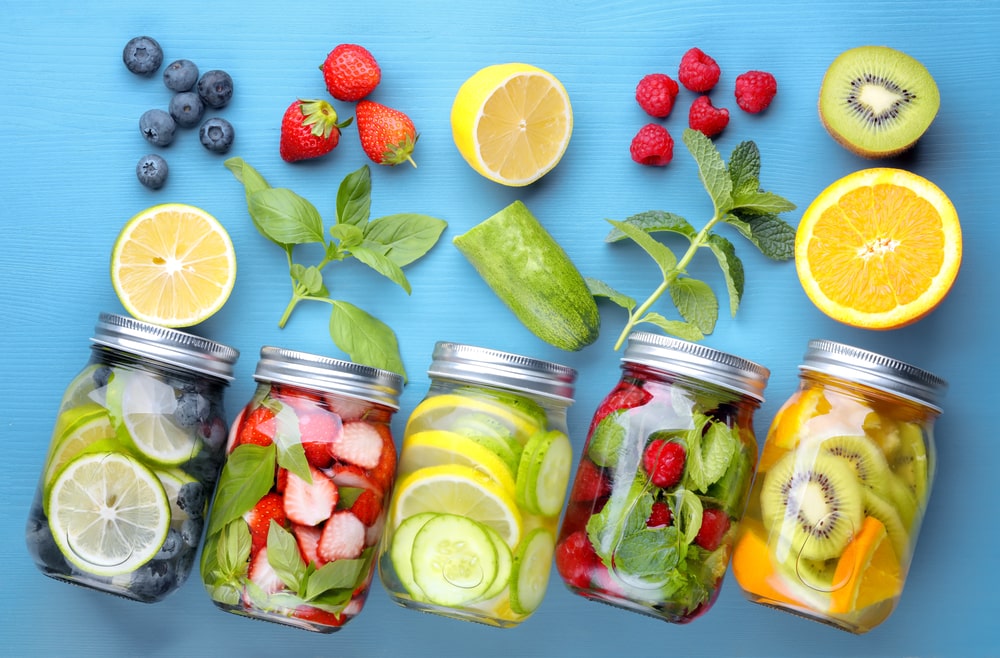
- Apples: Slice or dice the apples and pack them in the jars, ensuring they are tightly packed.
- Peaches: Halve or slice the peaches, remove the pits, and place them in the jars.
- Pears: Like peaches, slice or dice the pears and store them in the jars.
- Cherries: Remove the pits from the cherries and place them in the jars.
- Plums: Halve or slice the plums, remove the pits, and store them in the jars.
- Grapes: You can store whole or sliced grapes, depending on your preference. For more details on this one-of-a-kind fruit which easily to get ripped in short time which requires particular preserving techniques, you can take a look at our best way to preserve grapes.
- Oranges: Segment or slice the oranges, ensuring they fit well in the jars.
- Lemons and Limes: Slice the lemons or limes, grate their zest and store them in the jars.
- Pineapple: Place the pineapple in chunks or rings in the jars.
One more though, since fruits are easily to ripped no matter how careful we store them, have you ever though of turning them into other dishes to preserve them well or treat them as snacks in mason jars. If you are interested, take a look at some of our featured Fruit Canning Recipe:
- Homemade cranberry juice for canning
- Canning strawberry pie filling recipe
- Canning lemonade concentrate recipe (Extremely for beverage & canning tho)
Vegetables
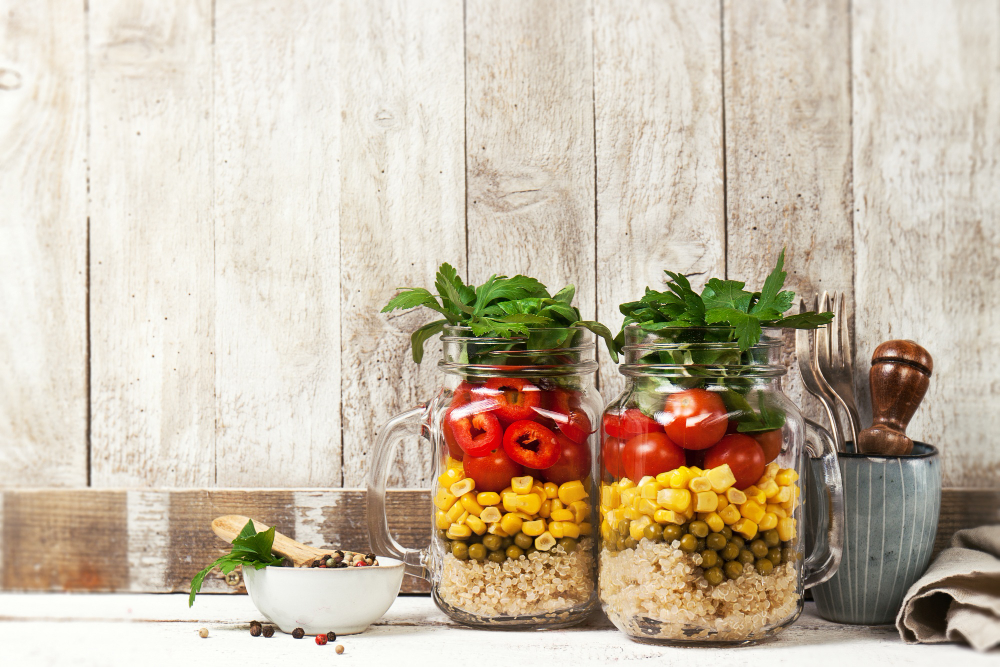
- Cucumbers: Slice or pickle them for a tangy and crunchy treat.
- Carrots: Slice or grate the carrots and store them in the jars.
- Bell peppers: Slice or dice the peppers and pack them in the jars.
- Tomatoes: Store them whole, diced, or in sauce, depending on your preference.
- Green beans: Store them whole or sliced, depending on how you use them.
- Corn: Remove the kernels from the cob and store them in the jars.
- Peas: Store fresh peas or blanch them before placing them in the jars.
- Beets: Slice or pickle the beets for a flavorful meal addition.
- Pickles: You can make your pickles using cucumbers, carrots, onions, or other vegetables.
What advantages does using Mason jars offer for preserving fruits compared to plastic containers?
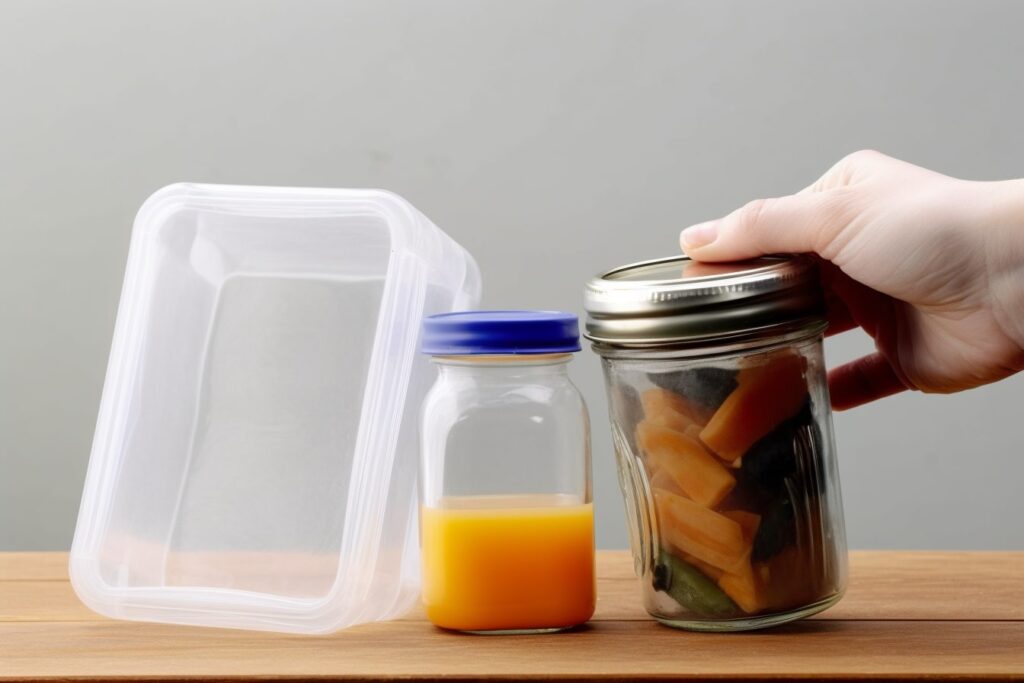
Comparing glass containers to plastic ones might have several advantages. Glass is a non-porous substance. Therefore, it won’t absorb tastes or scents. This characteristic guarantees that food kept in glass containers will be more tasty and fresh.
Glass containers provide several advantages, including their dependability and durability. Glass is less prone to shatter or break when dropped than plastic is.
Even after several uses, it keeps its shape and doesn’t warp or become distorted. Due to their durability, glass containers may last up to five times longer than their plastic equivalents before needing to be replaced, making them a prudent investment.
Recyclability is another advantage of glass for the environment. Glass can be recycled endlessly without sacrificing its strength or original quality. On the other hand, plastic containers must be changed since they deteriorate with time. You help promote sustainability and waste reduction by using glass containers.
Glass containers offer the best protection for maintaining the freshness of your fruits and veggies. Produce that has been properly preserved typically lasts longer in the glass while retaining its flavor, texture, and nutritional content. In the long run, this can help you save money and reduce food waste.
Do you wash fruit before storing in mason jars?
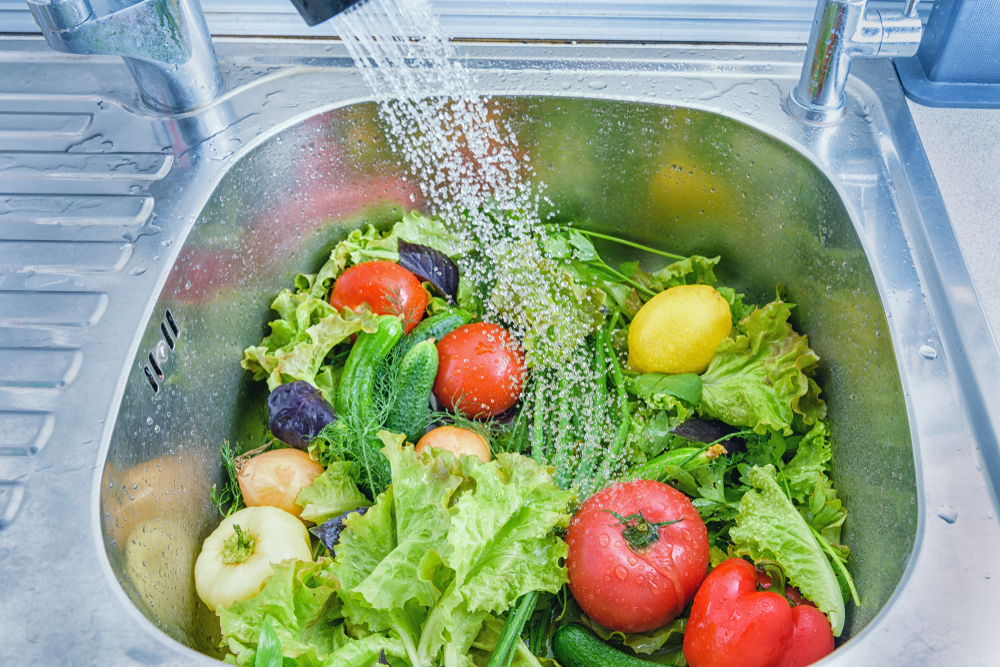
It is advised to wash the fruit before storing it in Mason jars. When storing clean and secure food, washing the fruit helps remove any dirt, debris, or pesticides on the surface.
Place the fruit under running water to begin washing it thoroughly. Use your hands to massage the fruit to remove any contaminants gently. If necessary, gently clean the fruit with a soft brush or sponge, especially those with harder skins or rough surfaces.
It is crucial to let the fruit dry fully after washing it before packing it into Mason jars. The fruit may perish if there is too much moisture since it might serve as a breeding ground for germs or mold. Dry fruit’s flavor and texture are also preserved with storage over time.
Ultimate guide how to store fruit in mason jars
Storing fruit mason jars is a convenient and practical way to preserve their freshness for longer periods. Following a few simple steps on how to store fruit in mason jars, you can ensure that your fruits remain delicious and ready to enjoy whenever you desire.
Step 1: Choose freshest products
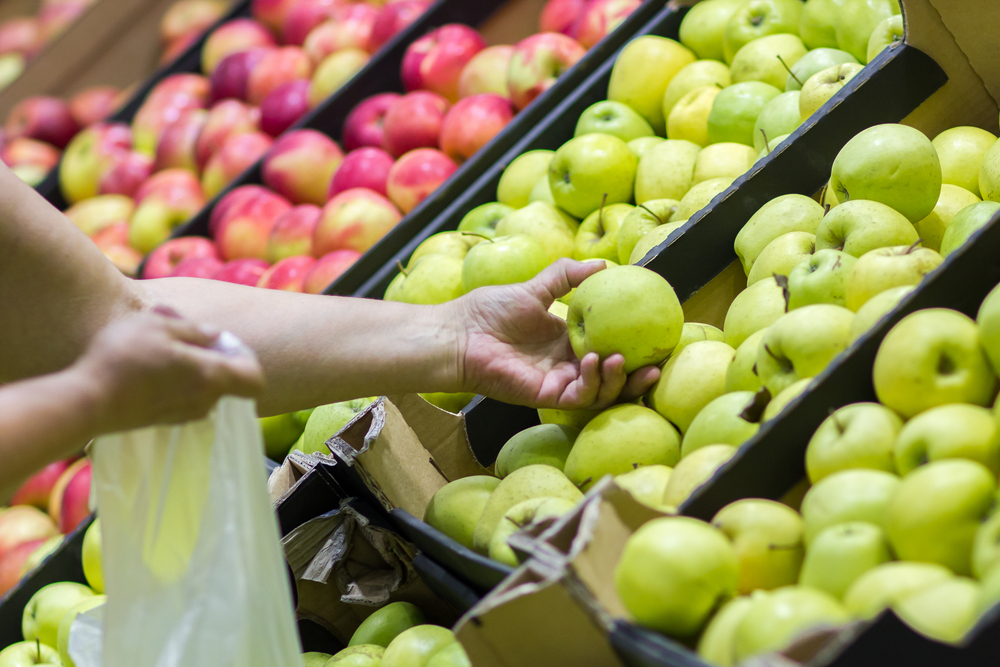
When selecting fruits for storing in mason jars, it’s important to choose fresh and in optimal condition. Look for firm fruits without any bruises or blemishes. Check for vibrant colors and a fresh aroma. This ensures that you start with high-quality produce.
Step 2: Wash and dry
Before storing fruits in mason jars, it’s essential to wash them thoroughly. Rinse the fruits under cool running water to remove any dirt or residue. After washing, gently pat them dry with a clean towel or paper towel. This step helps remove any surface contaminants and prepares the fruits for storage.
Step 3: Sort and remove damaged pieces
Inspect the fruits and remove any damaged, overripe, or moldy pieces. Discard them to prevent spoilage. Removing these compromised fruits prevents them from affecting the quality of the remaining produce in the jar.
Step 4: Separate based on ethylene production (for fruits)
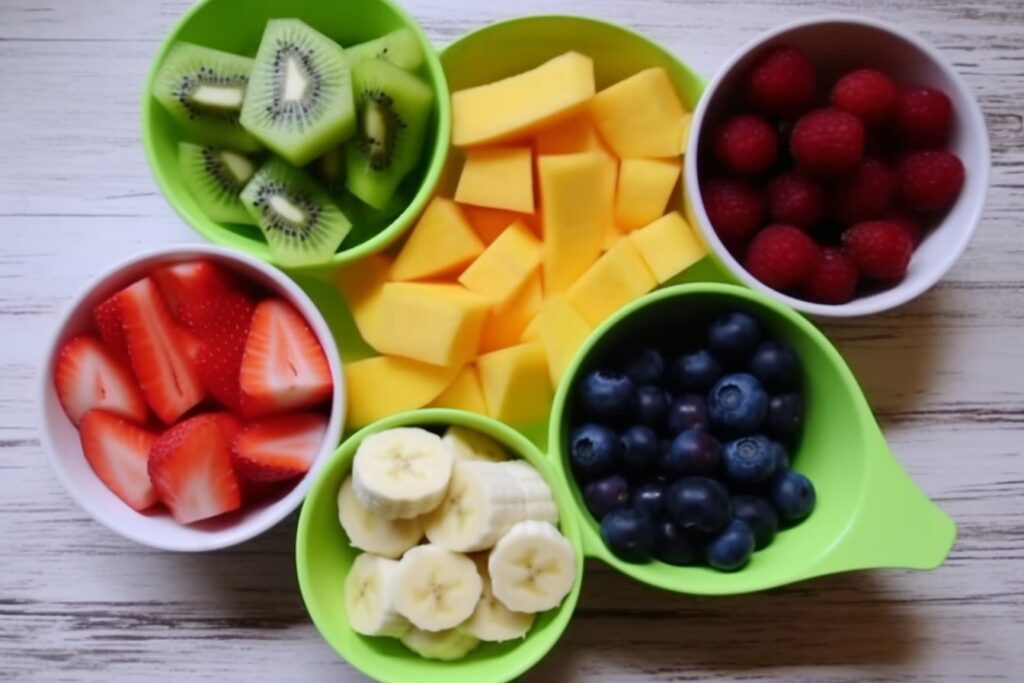
Some fruits produce ethylene gas, which can accelerate ripening and spoilage of other ethylene-sensitive produce. Keeping ethylene-producing fruits, such as apples, bananas, and avocados, separate from ethylene-sensitive fruits, berries, vegetables, and veggies is advisable. This separation helps maintain the freshness of each item.
Step 5: Choose suitable storage containers
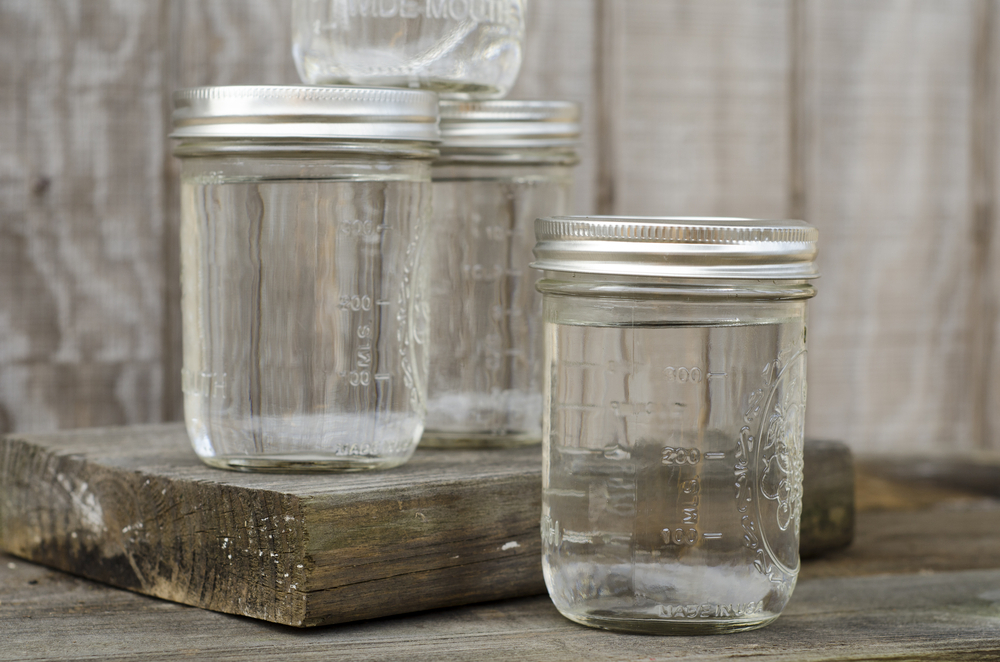
Mason jars, glass containers with airtight lids are ideal for storing fruits. Ensure the containers are clean, dry, and in good condition before use. Mason jars provide airtight sealing, which helps preserve the fruits’ freshness and flavors.
Step 6: Store in the appropriate conditions
Freezing food preservation have always been one of the most popular methods all the time. For ripe fruits, store them in the refrigerator to maintain their freshness for an extended period. Unripe fruits can be kept at room temperature to allow them to ripen.
Place berries in a shallow container lined with paper towels to absorb excess moisture and store them in the refrigerator.
Most vegetables can be stored in the refrigerator’s crisper drawer, unwashed and in a breathable bag or container. Veggies can also be stored in a crisper drawer or perforated bags for optimal freshness.
Step 7: Monitor and consume timely
Regularly check your stored produce for any signs of spoilage or mold. If you notice any damaged pieces, remove them promptly to prevent them from affecting the remaining fruits. Plan your meals and use the stored produce accordingly to avoid wastage. Consume fruits, berries, vegetables, and veggies within their recommended shelf life for the best quality and taste.
Putting fruits in mason jars hack
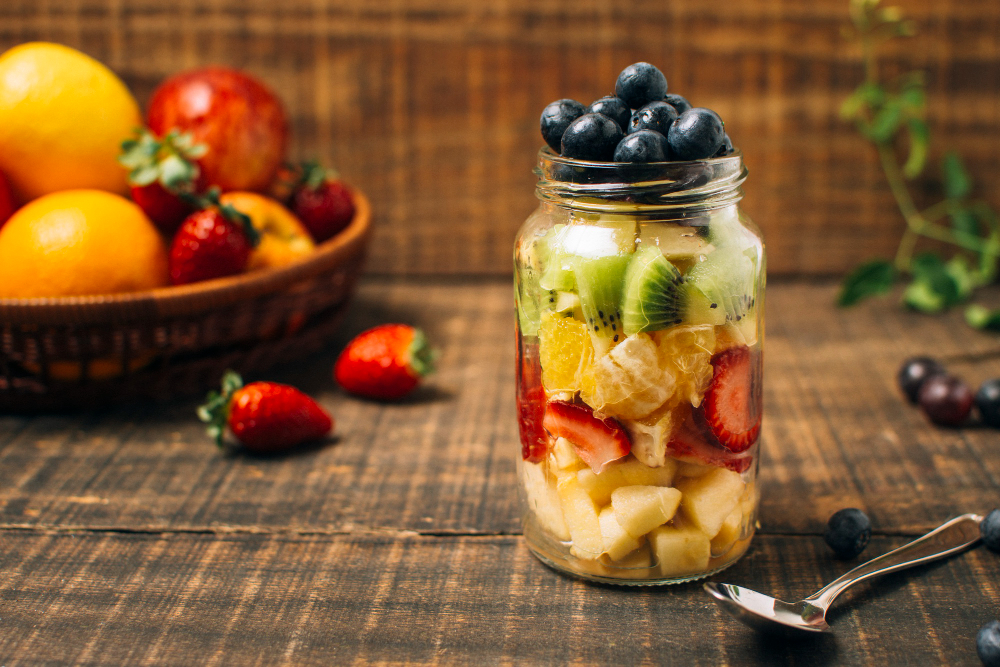
Fresh fruit may be stored and enjoyed for several days with the help of a Mason jar trick. You may make a tasty fruit salad-like mixture that can be eaten as a snack or added to other recipes by arranging the fruits in a mason jar and chilling them.
Ensure your Mason jar is clean and dry before beginning the fruit hack. Pick a range of tasty fruits, such as berries, sliced kiwi, chopped mango, or pineapple pieces. Before continuing, properly wash the fruits.
Start arranging the fruits in the mason jar as soon as they are ready. To enhance the aesthetic appeal and a variety of tastes, arrange the fruits in an alternate pattern. Depending on the size of your jar and the quantity of fruit you have, you may create numerous layers.
Place the lid on the put fruit in mason jars once the fruits have been inside and fill it to the top. This procedure is crucial to preserve the fruits’ freshness and stop aromas from seeping into or exiting the jar. As the fruits release their juices, place the jar in the refrigerator to enable the flavors to mingle.
Keeping fruit in mason jars shelf life
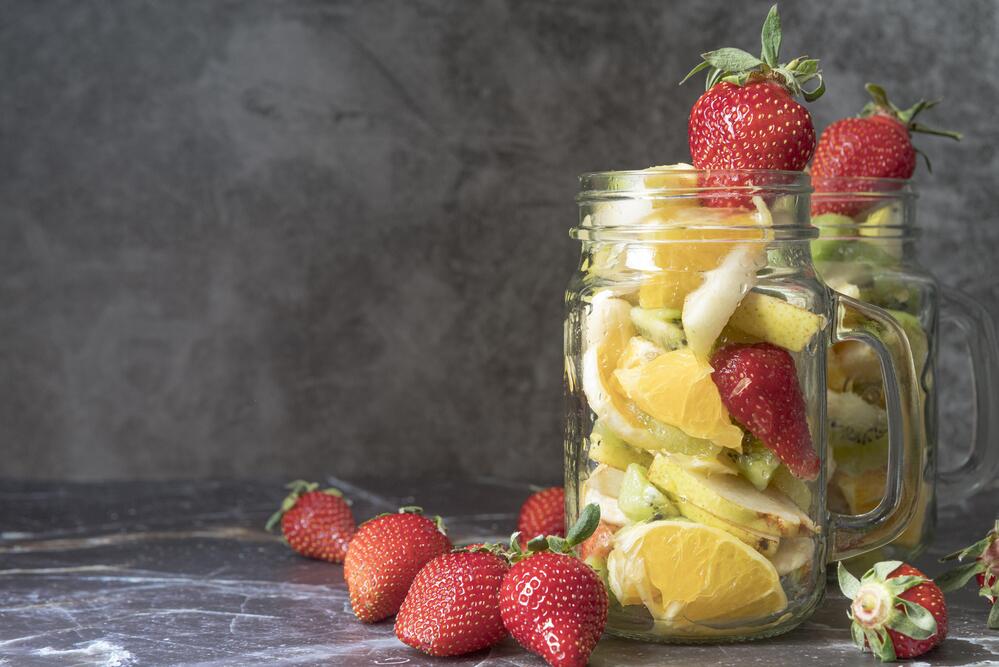
Fruits, berries, vegetables, and veggies can be stored for varying amounts of time in a Mason jar, depending on the produce’s kind, level of freshness, and temperature. Following are some general principles:
- Fruits: Most fruits may be kept in the fridge for 3-5 days in a Mason jar. The shelf life of sensitive fruits, such as berries or sliced fruits, may be shorter, and they should be used within 5-7 days to preserve their quality and freshness.
- Berries: Berries should be consumed as soon as possible after purchase because they are very perishable. And storing berries in mason jars might be a good choice. They may normally be kept in the fridge in a Mason jar for 7 to 14 days, depending on how fresh they are. To prevent rotting, it’s best to examine them frequently and eat them as soon as possible.
- Vegetables: The lengths of time that different vegetables may be stored vary. For 5-7 days in the refrigerator, leafy greens, carrots, celery, and bell peppers, for instance, can be kept in a Mason jar. On the other hand, when stored correctly, root vegetables like potatoes, beets, and onions may survive much longer, often up to 1-2 weeks.
- Veggies: Vegetables such as broccoli, cauliflower, green beans, and asparagus can be stored in a Mason jar in the refrigerator for 5-7 days. Consuming them within the first few days is important to ensure optimal freshness and flavor.
Conclusion
In conclusion, store fruit in mason jars is a great method to maintain their freshness and increase their shelf life if you fully know how to tho. The jars’ airtight seal is a barrier against moisture and other pollutants, preserving your produce’s crispness and taste for longer.
Additionally, the glass’s transparency lets you quickly recognize the contents and monitor their condition. You may take advantage of the ease of having fresh and delectable produce at your fingertips by adhering to the correct methods and instructions for preserving various fruits.

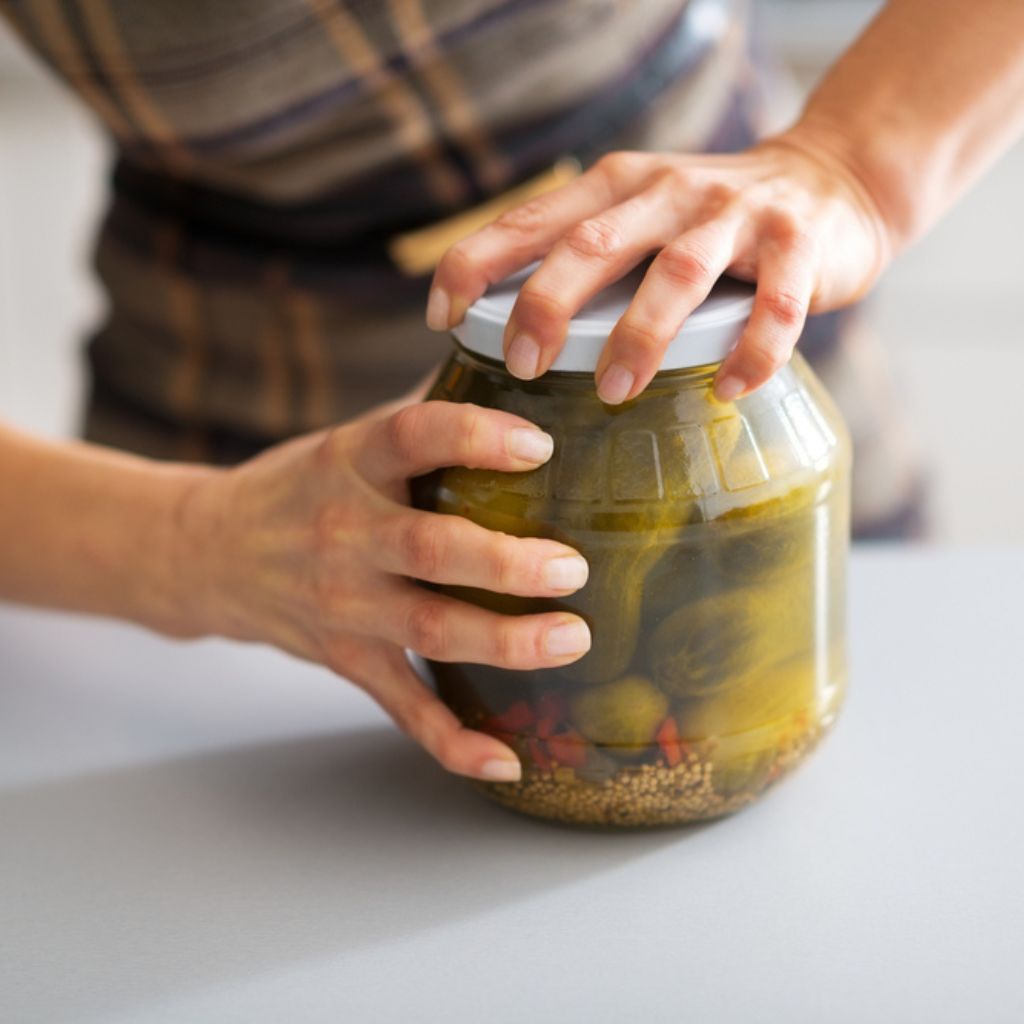
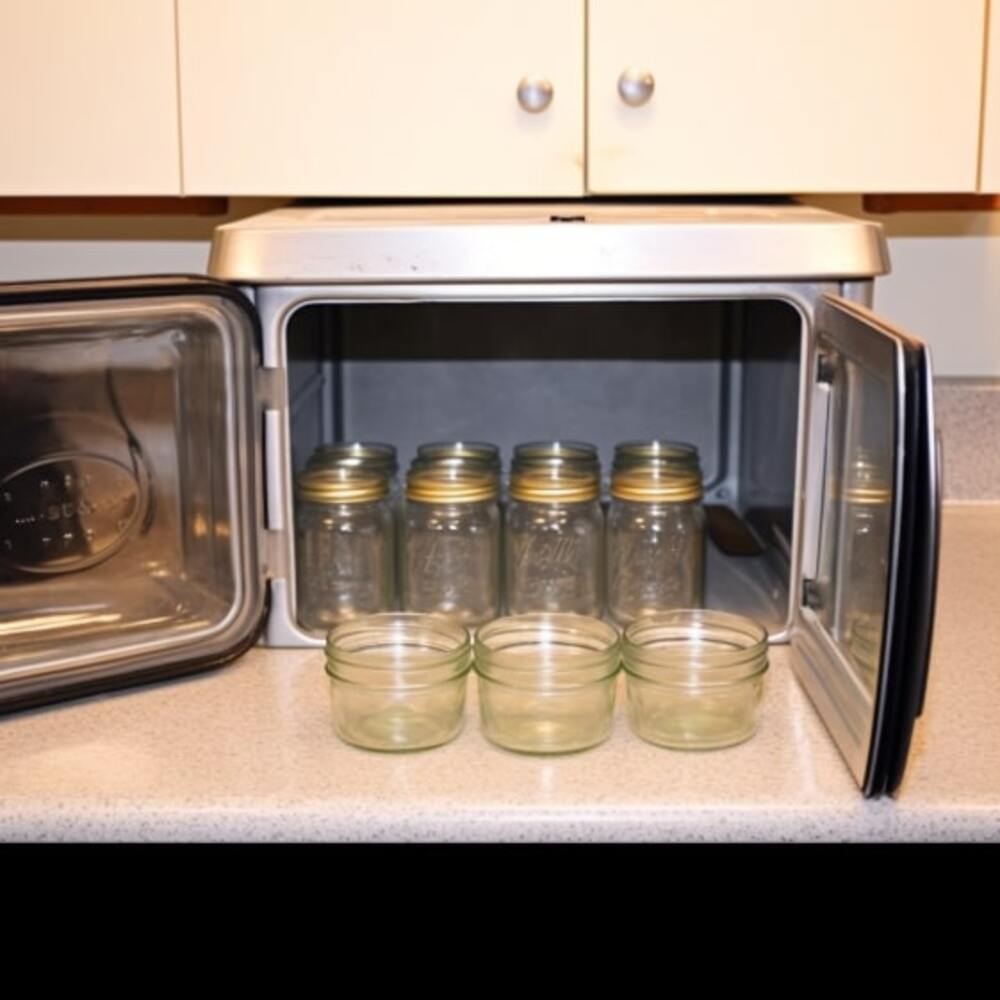
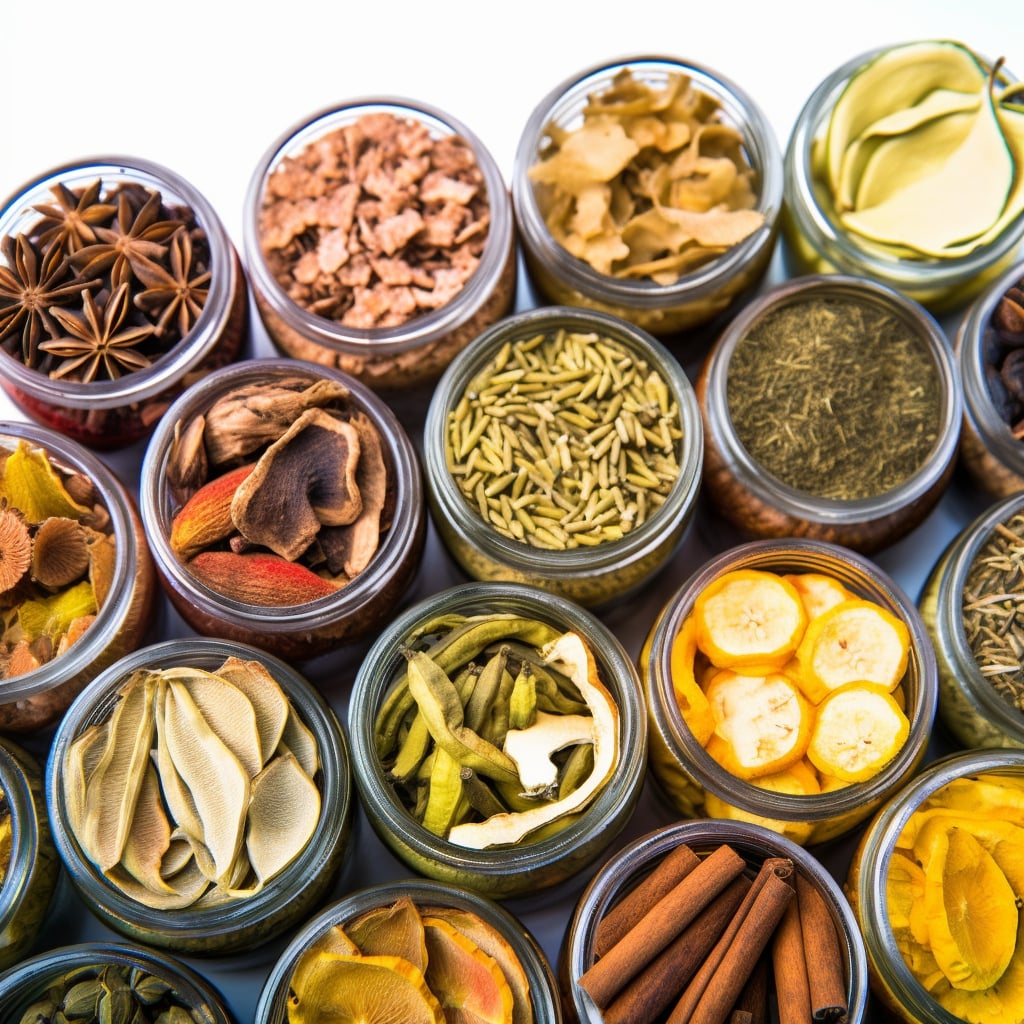
![Top 5 Best Jar Opener for Seniors Elderly [Updated 2023]](https://manzanillanyc.com/wp-content/uploads/2023/07/Top-5-Best-Jar-Opener-for-Seniors-Elderly-Updated-2023.jpg)

